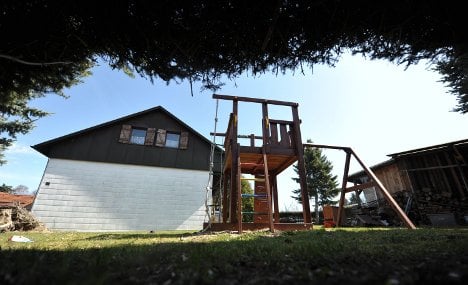Though it went against procedure, the office did not follow up on a telephone tip from a neighbour about the girl’s situation, district youth services official Josef Hecht said.
“The personnel decided there was no acute danger to the children and therefore did not react,” he said, adding that this was a terrible mistake.
The neighbour reportedly called about six months ago to say the then two-year-old girl and her six-year-old brother no longer went out to play in the building’s yard, but instead could only be seen from their windows. The woman also reported that the children’s grandfather, who lived nearby, was most often seen caring for the children in the town near the Czech border.
On Saturday the girl’s 21-year-old mother found the child, identified as Lea, dead in her bed and alarmed emergency services.
An autopsy showed that Lea had suffered malnutrition, dehydration and various other illnesses.
“One could have, and should have done something,” senior public prosecutor Gerd Schäfer said.
Eyewitnesses described the family’s apartment as “extremely neglected” and “trashed” in the local daily Weidener Zeitung.
Lea’s mother is now in police custody after they issued a warrant for her arrest in an investigation for manslaughter.
So far investigators believe that Lea’s condition worsened over the course of days or a few weeks, but they have refused to speculate on what may have caused her mother’s neglect.
The woman reportedly separated from Lea’s 27-year-old father some months ago, but he is not a suspect in the case.



 Please whitelist us to continue reading.
Please whitelist us to continue reading.
Member comments